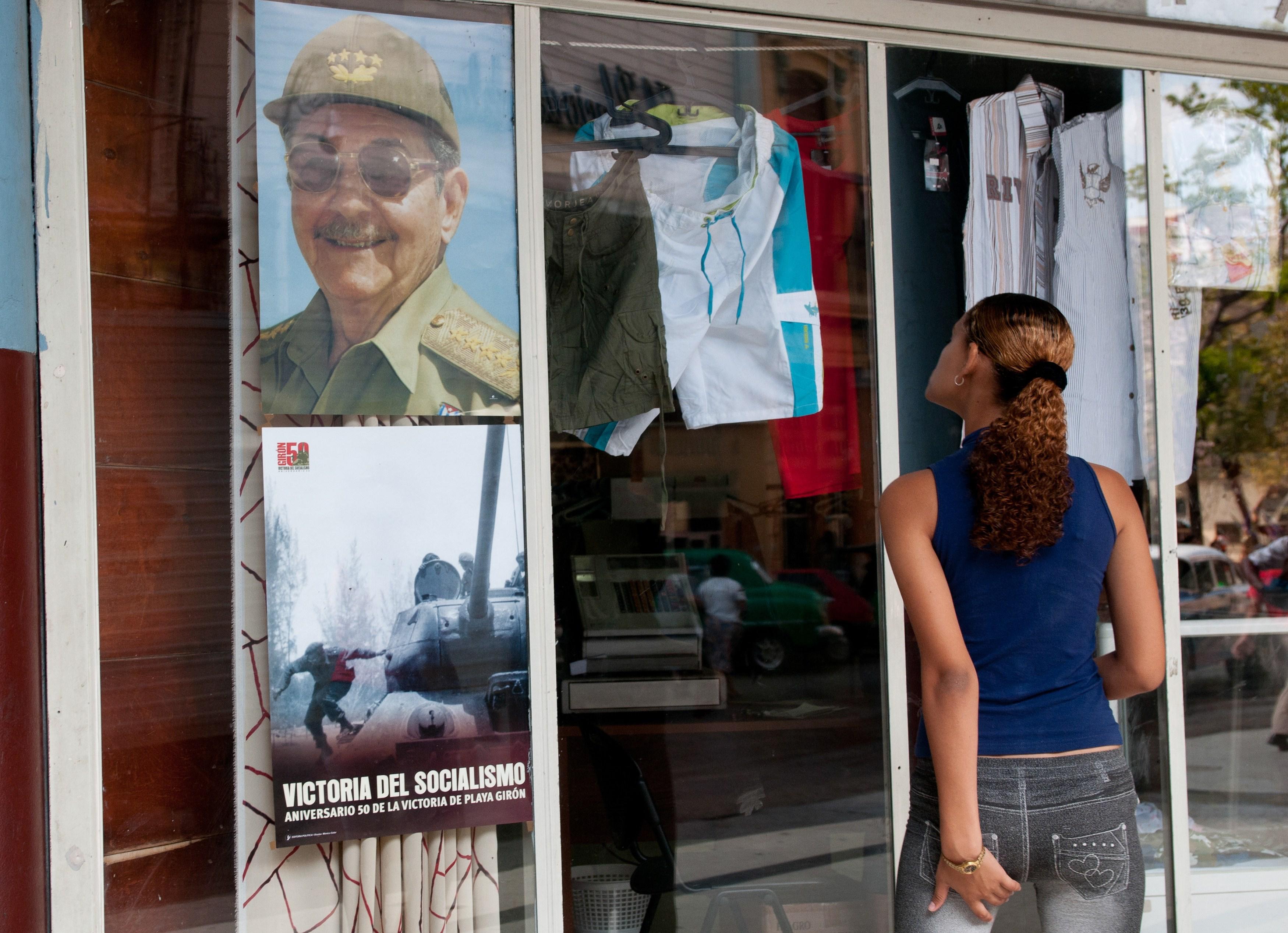In 1982, the U.S. State Department labeled Cuba a state sponsor of terrorism due to its support of Communist guerilla movements in Latin America and Africa. More than two decades after the end of the Cold War, it remained on the list mostly because it’s been politically easier to leave it on than to take it off.
But now, just a few days after a historic meeting in Panama between President Obama and Raul Castro of Cuba, the White House announced that it is supporting Cuba’s removal from the State Department list. Cuba can be removed from the list after a 45-day review period, which should give members of congress and GOP presidential candidates plenty of time to accuse the administration of appeasement. The delisting will remove a legal barrier to the eventual lifting of economic sanctions as well as a major sticking point in normalizing diplomatic relations between the two countries. It’s also an acknowledgment of reality.
The State Department’s probably purposefully half-hearted report on Cuba as a state sponsor of terrorism in 2013 (it’s one of four countries on the list along with Iran, Sudan, and Syria) based its case on the fact that Havana has “long provided safe haven to members of Basque Fatherland and Liberty (ETA) and the Revolutionary Armed Forces of Colombia.” But ETA, the Basque group that was once one of Europe’s most dangerous terrorist organizations, is something of a spent force. Weakened by the arrest of its key leaders and a loss of Basque support, the group unilaterally declared a ceasefire in 2011 and has been disarming, albeit much slower than the Spanish government would like. In any case, according to the State Department “Cuba’s ties to ETA have become more distant.”
As for the FARC, Cuba has been a longtime supporter of the guerilla group, but over the past year also hosted peace talks between it and the Colombian government. Given that Colombian President Juan Manuel Santos strongly supports improved relations between the U.S. and Cuba, it would be odd to let this continue to be an obstacle.
Supporters of Cuba’s designation have also pointed to its harboring of wanted U.S. fugitives including Assata Shakur, formerly known as Joanne Chesimard, a former member of the militant Black Liberation Army who fled there after she was convicted of killing a New Jersey state trooper in 1973. And Sen. Marco Rubio has pointed to the 2013 seizure of a North Korean ship attempting to carry Cuban weapons through the Panama Canal. While certainly concerning and probably illegal, it doesn’t quite constitute support for terrorism: The Bush administration removed North Korea from the terror list in 2008.
Cuba’s support for extremist groups that actually pose a national security threat to the U.S. or its allies is negligible at this point, and certainly less than some countries Washington considers allies.
